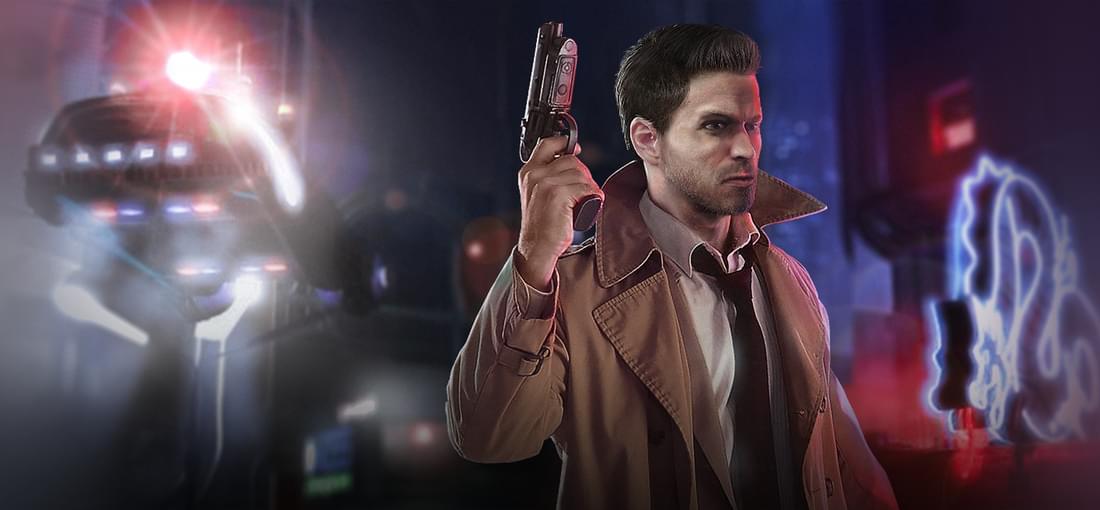


For tackling such rich thematic veins as long cultural tradition, the hierarchies we lock ourselves into, and the paths we promise ourselves, Indika has awfully little to say. The central premise has perhaps one interesting idea: that faith isn't fungible, that if we look to quantify and compare righteousness and good deeds, we inevitably lead ourselves to either unreconciled hypocrisy or abhorrent conclusion. But Indika works almost immediately to prevent you from ever believing otherwise. Whether by instructing you early and often with the tone of a tutorial that such measurements are without value, or through drawn-out exposition belaboring the same, cudgeling the player with an idea bereft of any diegetic support and then acting as if the only remaining argument is a profundity gained through agonized soul-searching is clumsy. It's a misstep that prevents Indika from being a story experienced and instead petrifies it as an oversimple morality play. Perhaps this would be different if the player had any reason to buy into the conceit from the start, if you were ever challenged to surrender something you thought you needed or took comfort in. Alas that the story, as told, leaves no room for nuance or interpretation, even from the devil on your shoulder. The art direction shows early promise, be it the opening credits' labyrinthine isolation or toying with surrealist imagery not already done to death by the genre, but it quickly runs out of steam. Indika's back half is brought to you more by extravagant use of UE4's Scaling tool than a cohesive vision or responsive environment. Pixelated mini-games retreading past trauma and frustratingly precise action sequences are nearer to distractions than collaborators in the story's narrative or emotional arcs. Much of the rest suffers from a tonal whiplash that gladly follows a prevented assault with the slapstick of a near-sighted man falling down. Ultimately, we're left with a game that feels, at best, a rough draft.

I love cerebral, psychological horror, but as much as this game touts itself as a slow-burn tension builder, it's ultimately a fairly inane re-trudging of old tropes built atop no story whatsoever. The game's experience relies not on characters or story, but on cheap jumps and poorly implemented chase sequences. The atmosphere is there, but progressing through it takes so long -- thanks either to repetitive sequences or exercises in stealth frustration -- that it loses all impact long before it can land a hit.

Clunky and hard to operate, Westwood offers you just enough rope to hang yourself with Blade Runner, counting on your love or nostalgia to buoy it amidst a sea of troubles. This is a detective game without logic, an action game without action, a story-driven game without its own narrative. No doubt a technological step forward for the genre when it was released, the game feels like a cardboard stand up of the film with no substance of its own. While this really captures a powerful sense of the noir mood and the atmosphere of the Blade Runner world, this only comes from replicating the original visual style and leaning heavily on the Vangelis score to deliver it. Is it Deckard's story? Yes and no. While you're not Deckard himself, the plot runs unbelievably parallel to the film's. That you would have the same fights, the same interrogations, the same dramas and further have these all in the same locations and at the same time(!) as the film, yet all with a different set of characters comes across not as an extension to the world but simply a bootleg knockoff. It's utterly unbelievable that these events would co-exist and so closely mirror each other -- that the game's chief conceit requires you to believe in it robs the title of any narrative power.